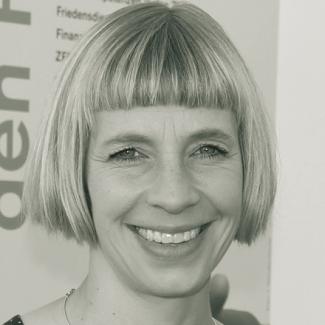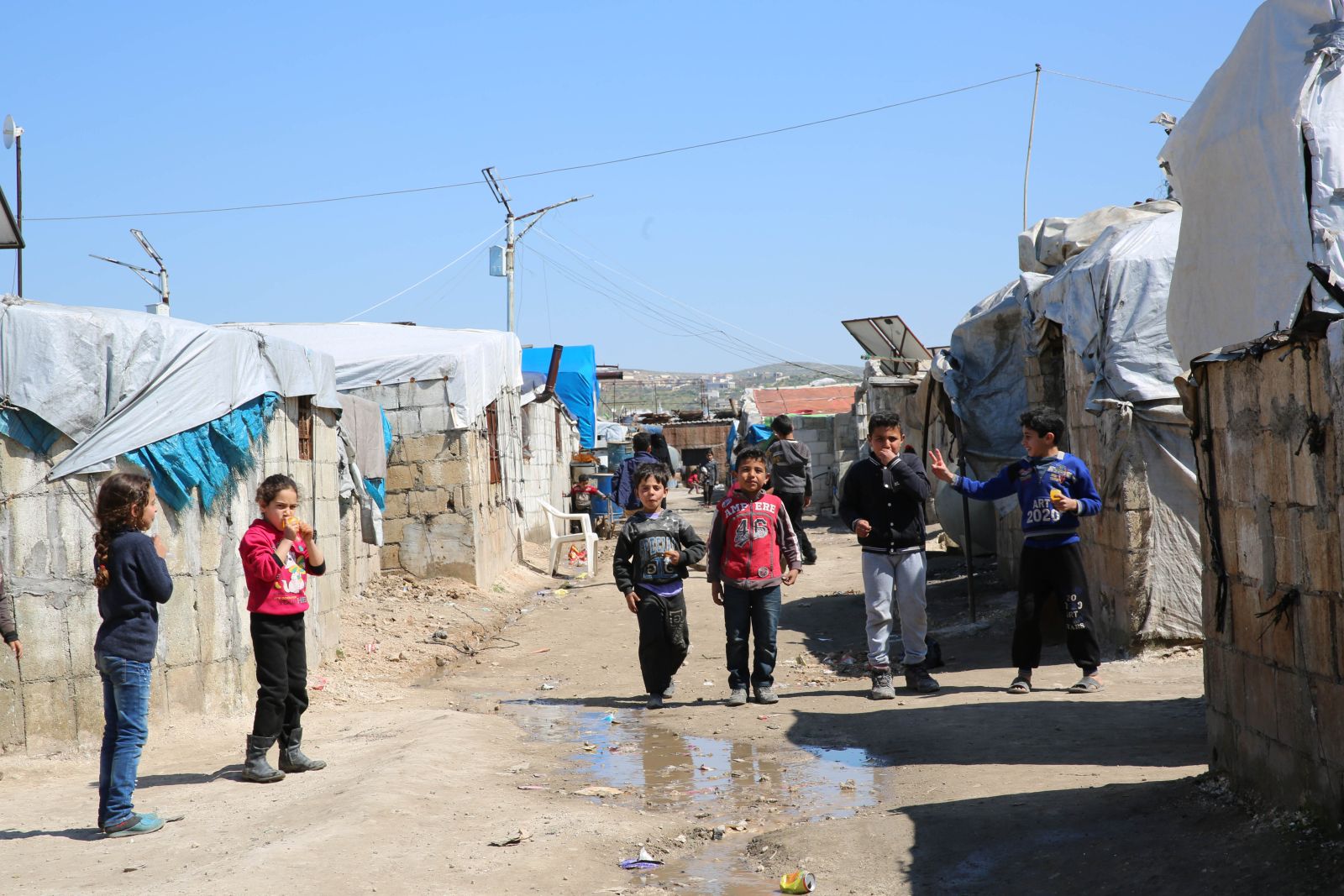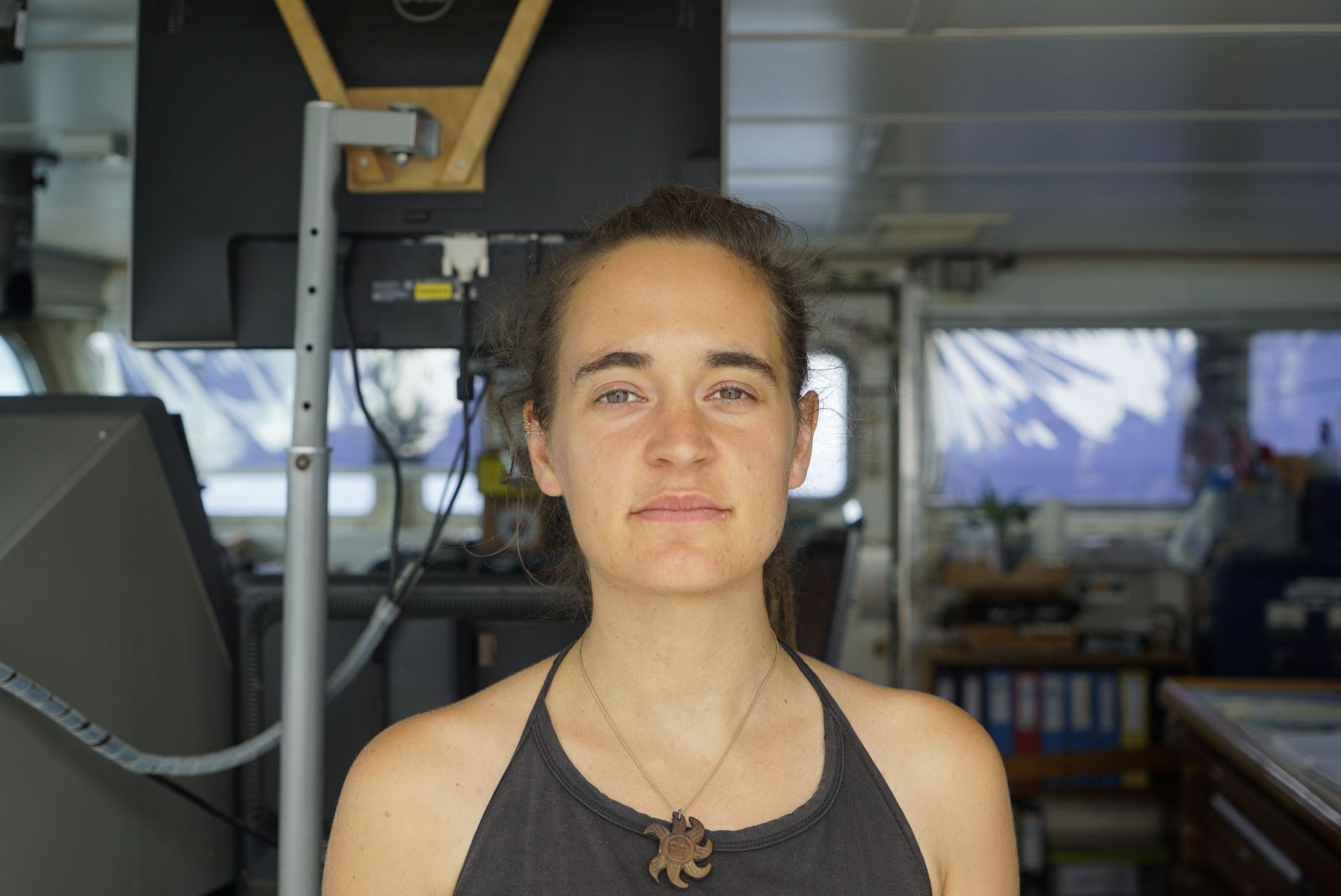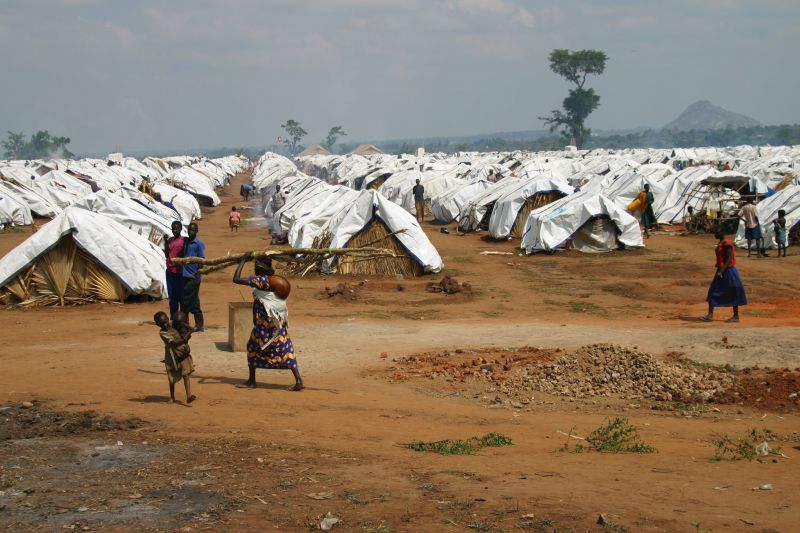CPS
Help in times of crisis
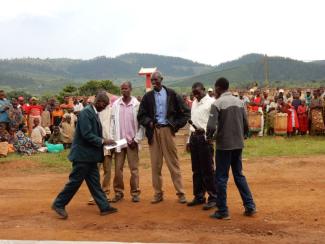
“Our experience shows that civil conflict resolution gets people off the path of violence. So, in cooperation with local partners, we promote peace on the ground,” says Martin Vehrenberg, spokesman of the Civil Peace Service (CPS) Consortium. “We help to put an end to people being forced to leave their homeland against their will. And if they have to flee from violence, we help to mitigate the consequences for all parties concerned and prevent further violence.” The following examples from the work of the CPS (see box) show how this can be achieved.
Afghanistan: Creating prospects
Even after years of international military presence, Afghanistan is still haunted by conflict, violence and dire human-rights violations. About 64 % of all Afghans are under 25. Unemployment is high, and many young people face an uncertain future. Local civil-society organisations help them to improve their lives and their environment. The aim is to get young Afghans to assume responsibility for their fates, their society and their country. They should play an active role in shaping the future.
In Mazar-e Sharif, for example, the New Leaders Platform trains young people for half a year in civic awareness, leadership skills and non-violent conflict resolution. “The Platform enables young people to solve their own problems and those of others around them,” says Andreas Selmeci, the CPS programme coordinator in Afghanistan. “We strengthen young people’s ability to network and stand up for their own interests and the rights of others.”
The initiative is successful. One hundred youngsters or so are involved, and they have launched numerous non-profit initiatives. For instance, they have arranged events for International Women’s Day, helped refugees in Mazar-e-Sharif and visited hospitalised victims of violence. A number of young people found jobs with non-governmental organisations or state agencies. Their training and their commitment made them attractive candidates.
Mexico: Safeguarding human rights
People on the run are defenceless and depend on the help of others. Many become victims of violence. Since former President Felipe Calderón declared war on the drug cartels in Mexico, the country has experienced tremendous violence. Human-rights violations occur daily, even within the criminal justice system. Migrants passing through Mexico to the United States are particularly vulnerable. An estimated 400,000 people a year undertake that hazardous journey. They receive help at the few migrant hostels along the route, which dispense humanitarian aid as well as psychological support and legal assistance. Such support, in itself, is a form of civil conflict resolution.
The hostels are run by local groups, who campaign for refugee rights and document human-rights violations. Such activism is dangerous. “Anyone working with migrants in this country runs the same risk as the migrants themselves,” says Alberto Xicotencátl, manager of the migrant hostel in Saltillo in the north-eastern state of Coahuila. “We get death threats, we are assaulted, and we are threatened with weapons.”
In the face of such threats, it is hard to keep up the courage required for carrying on. However, international support, lobbying and training in threat management enable human-rights defenders to work in relative safety. The mere presence of international experts such as those deployed by the CPS protects them.
Lebanon: Making asylum possible
Bar Elias is a small town in Lebanon on the Syrian border. The community has taken in a large number of refugees, but the town struggles to cope with the influx. There is too little accommodation and a lack of jobs, day-care facilities and schools. Other problems include energy and water supply as well as waste management. The atmosphere is tense.
To reduce tensions between local residents and refugees, projects to promote civil conflict resolution have been launched. Individuals are selected from all relevant groups. They are trained to do community work and are instructed in non-violent conflict resolution and other things. In constant dialogue with all parties, they create opportunities for locals and refugees to discuss problems and fears. They also identify ways to improve coexistence and help to follow up ideas with action.
One proposal that has been implemented, for instance, is a recycling project in which Lebanese people cooperate with Syrian refugees. The project puts them in touch, and they get to know each other’s views. This approach does more than facilitate peaceful coexistence; it paves the way for discussing conflicts and identifying ways to resolve them. The project also generates financial profits, which benefit the community.
Burundi: Facilitating repatriation
Refugees returning home must face perpetrators of former violence, wrecked homes and uncertain prospects. In many cases, they are resented by those who stayed behind. Since gaining independence, Burundi has been beset by violent conflicts which have regularly resulted in waves of refugees. People have been displaced and repatriated. Such movements typically cause land conflicts, as Emmanuel Nibayubahe, director of MI-PAREC, a CPS partner, reports: “The returnees – many of whom belong to the second generation – want to get back the land that was left behind, but that land has since been taken over and cultivated by people who stayed. This is at the root of many – and often severe – conflicts.
Local peace committees are supported by CPS experts. They bring people involved in a dispute to a negotiating table so peaceful settlement can be reached. The committees succeed, as an example from Nyanza Lac in southern Burundi shows. When the Nyabenda family fled to Tanzania, the Mpigiyeko family took over a piece of their abandoned land. In 2015, the Nyabendas returned and demanded their land, but the Mpigiyekos refused to hand it over. Even the Land Rights Commission was unable to settle the dispute. At that point, the Nyanza Lac Peace Committee stepped in. Negotiations were restarted and a solution was found that both families could live with: the land was divided between them. A basis for peaceful neighbourly relations was created.
Martina Rieken coordinates public relations for the Civil Peace Service Consortium.
kontakt@ziviler-friedensdienst.org
Links
Civil Peace Service
https://www.ziviler-friedensdienst.org
http://www.facebook.com/ZivilerFriedensdienst
https://twitter.com/zfdnews
Booklet on the CPS and refugees (in German):
https://ziviler-friedensdienst.org/de/material/zfd-broschure-flucht
